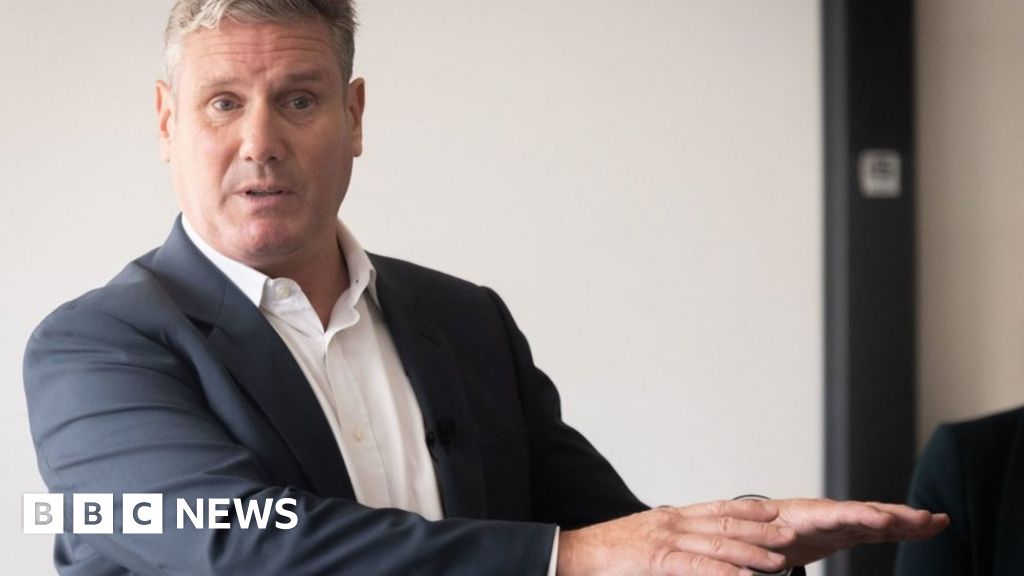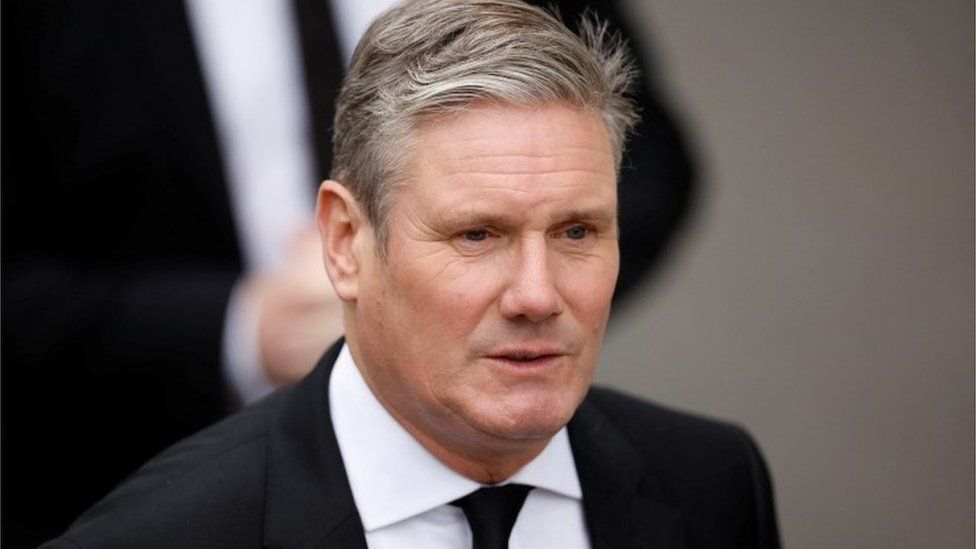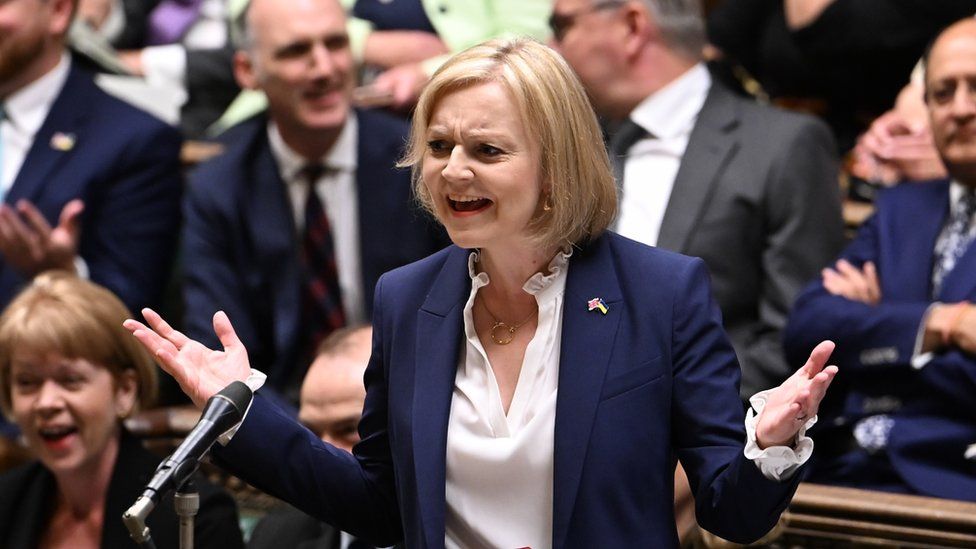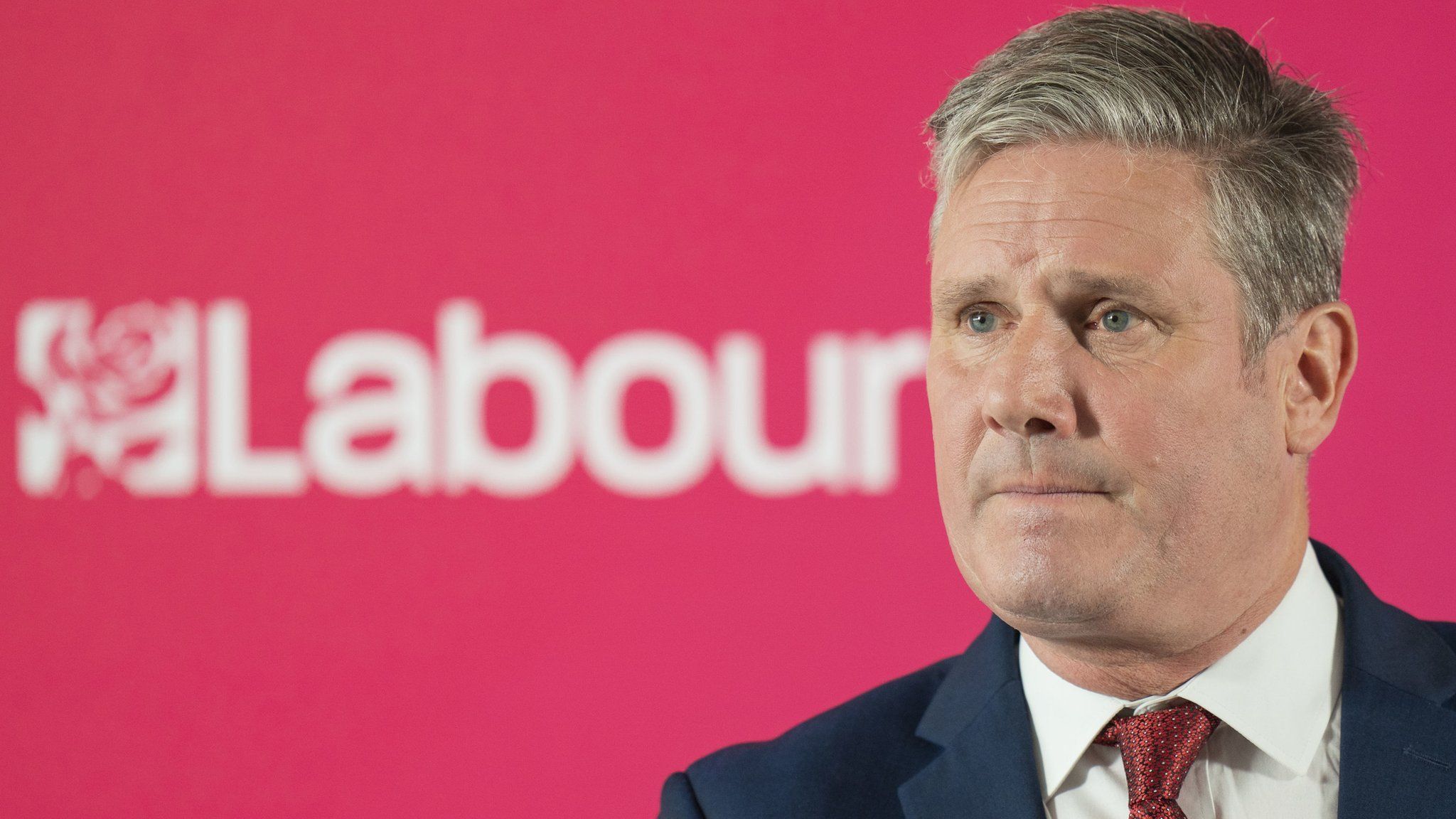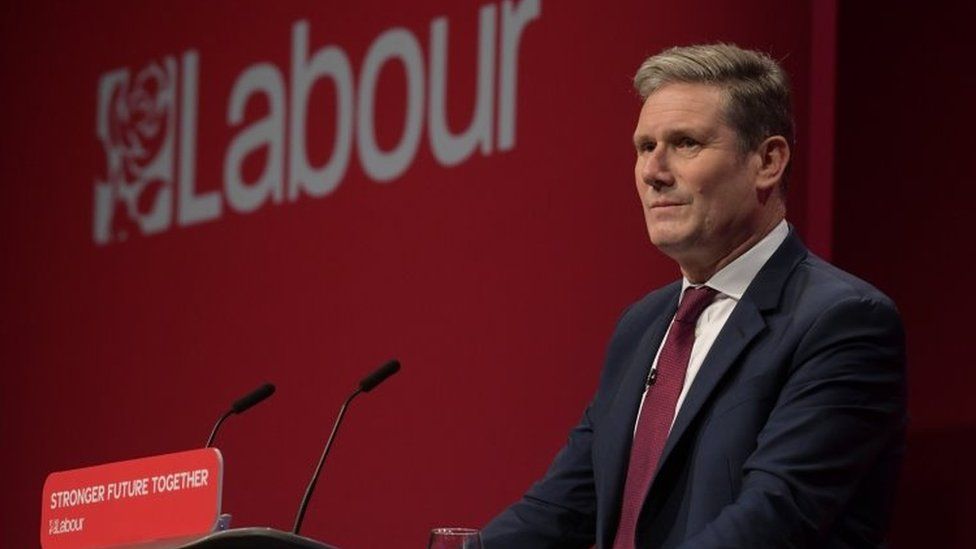
This year’s Labour conference is likely to be all about division. Not so much within the party, but between it and the new Conservative leadership.
While at last year’s gathering Keir Starmer pushed through internal reforms, insiders insist this year “will be all about the country, not the party”.
And the clash of personalities between Boris Johnson and Sir Keir Starmer will now be replaced by a clash of policies – or what the shadow chancellor Rachel Reeves described as a clash of ideas.
The Truss government believes growing the size of the economic cake is more important than how it is divided up – in other words, redistribution is no solution to our economic woes.
But Labour strategists point to polling, including the recent British Social Attitudes Survey, which suggests that a clear majority of voters believe that ordinary working people don’t get a fair share of the nation’s wealth.
And they believe that those first-time Conservative voters in former Labour seats will be open to looking not just at the parties’ policies, but how these will be paid for.
The government has abolished the top, additional 45p rate of tax and scrapped limits on bankers’ bonuses, while Labour has called for big oil and gas companies to cough up more cash to prevent energy prices rising further.
So a key message at the conference, says a leadership source, is that Labour would ensure working people feel the benefits of economic growth, while the Conservatives are defending “vested interests”.
Labour believes clearer political divisions will give it an opportunity to solidify its current poll lead and win back lost support.
Changing the political weather
There is, nonetheless, unease amongst some shadow and some former Labour ministers that the dividing lines are being clearly drawn by the Conservatives’ actions, and not by Labour’s own initiatives.
It’s Liz Truss who has been changing the political climate – despite her party being in government for a dozen years.
One shadow minister said the task of this year’s Labour conference is to answer the political essay question: So what would you do differently?
I’m told that this will manifest itself in policy announcements at conference but as one source put it: “But not too many – we want them to be heard and to sink in.”
Announcements on the NHS, healthcare, and business support can be expected.
But as well as individual policies there needs to be overall narrative – a political story to tell.
‘Fairer greener future;
At this week’s meeting of Labour’s ruling national executive, Keir Starmer promised he would set out a plan for Britain which would include some “robust propositions”.
The overarching theme of the conference will be a “fairer greener future”.
The party’s strategists believe that concerns over energy security have made people more willing to embrace environmental policies.
Some of last year’s announcements – on home insulation for example – didn’t exactly set the political heather alight, but the feeling is that these are ideas whose time has come, and Labour can claim they were ahead of the game.
But embracing a green revolution is also being touted by insiders as “our answer to levelling up”.
So while last year Rachel Reeves pledged billions for green projects, this year there will be more specifics on how high-skilled jobs can be created across the country by accelerating a move to sustainable energy sources.
Another potential benefit is electoral.
The 2019 election turned some seats which had been regarded as safe into marginals.
This video can not be played
To play this video you need to enable JavaScript in your browser.
And some sitting Labour MPs feared any rise in support for the Greens might further reduce – and endanger – their majorities.
The slogan for this conference is similar to the Greens own “fairer greener country” – and it may help stem any significant loss of support.
As one shadow minister had a message to progressive-minded voters: “There is a coalition on the left – and it’s called Labour.
“If they don’t want the coalition on the right to win, they need to get on board.”
United we stand?
It’s a sign of Sir Keir Starmer’s confidence that the party conference will open with a rendition of the national anthem.
He has been keen to stress the party’s patriotism and to distance his leadership from Jeremy Corbyn’s.
So this will be an important symbolic moment and the assessment is that those who are uncomfortable with the approach will confine their criticisms to fringe meetings.
But the internal divisions of recent years haven’t disappeared.
More of the delegates from constituency parties are pro-leadership than last year, but the unions still account for half the votes at conference.
And many of them are supportive of a motion from the left of the party, dubbed ‘Labour for labour.’
It calls on frontbenchers to attend picket lines and “vocally to support strikes” – something which Keir Starmer has told his shadow ministers to avoid.
It also calls for pay rises to be in line with – or in excess of – inflation.
However, Sunday’s conference delegates will “prioritise” six topics for debate on the conference floor, and pro-leadership forces are attempting to stop this motion from making the cut.
Against a backdrop of deteriorating industrial relations – including a strike at Liverpool’s docks – leftwingers believe the party leadership position will become increasingly untenable.
They will make their voices heard – if not on the conference floor, then at a whole series of fringe meetings and an eve-of-conference rally.
Curveball
There could be further difficulty for the party leadership.
A motion to change the electoral system from first-past-the-post to a form of proportional representation has picked up widespread support, from Momentum – the left grouping that was set up to support the Corbyn leadership – to prominent backers of the pro-Starmer Labour to Win group.
Again, this will have to become one of the top six topics in order to be debated.
Attempts have been made to persuade two unions – Unite and Unison – that now isn’t the time to debate a change in voting systems when voters themselves are more concerned with making ends meet.
Some shadow cabinet members are concerned that any debate would play in to the Conservatives hands – it could make Labour look like it can’t win under the current system.
Leadership sources say Starmer would be “relaxed” about the motion passing.
But if it does, it would be made clear that it wouldn’t automatically become a manifesto commitment.
And you can expect Sir Keir explicitly to rule out a so-called progressive alliance with the Lib Dems, Greens and, above all, the SNP.
He wants no repeat of the Conservatives’ “coalition of chaos” attack which helped sink Ed Miliband at the 2015 election.
But if, overall, Labour looks more united at this year’s gathering, credit should be given where it’s due.
Step up, Liz Truss.
Her reimagining of the Conservatives’ mission has made the political divisions between rather than within the parties all the more stark.
And that, in turn, has given Labour itself more definition.
